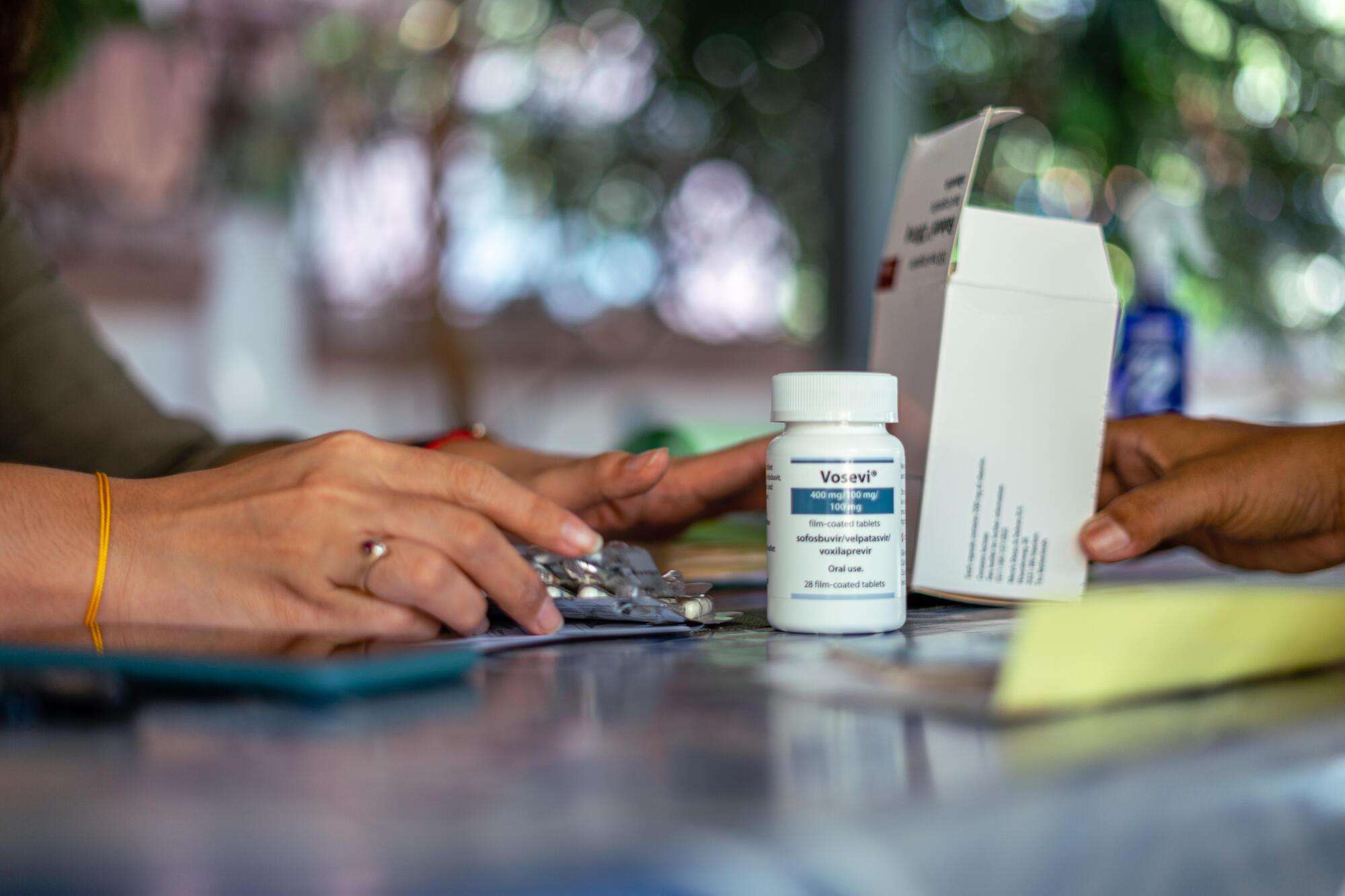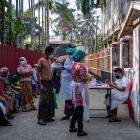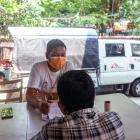When the escalation in conflict prevented our teams from running mobile clinics for the last two months of the year, patients relied heavily on our community health workers and teleconsultations for medical care.
Meanwhile, we extended our support to Aung San tuberculosis (TB) hospital in the capital, Yangon, where almost 50 percent of the country's patients with drug-resistant TB receive care.
During 2023, we continued the handover of our HIV patients to the Ministry of Health, switching our focus to supporting the national AIDS program with staff and technical assistance.










